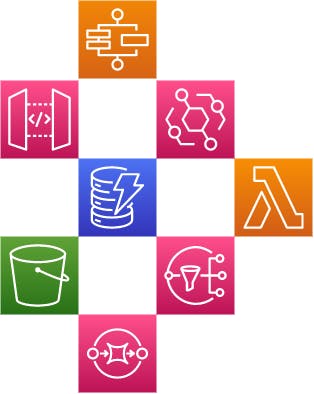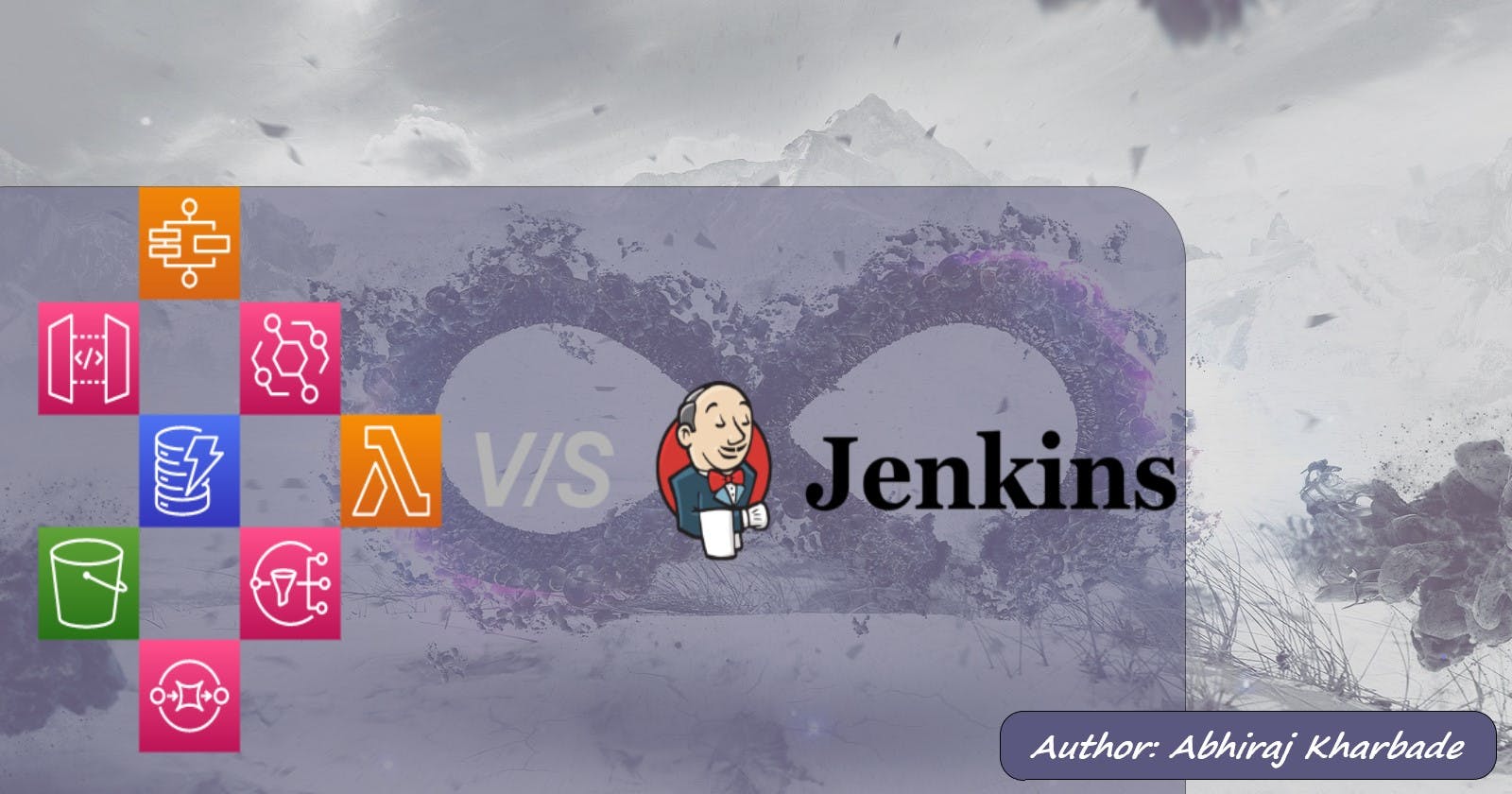Comparing Serverless and Jenkins CI/CD: Making the Right Choice for Your Organization
Exploring the Pros and Cons of Serverless and Jenkins for Seamless Continuous Integration and Deployment
Introduction:
Continuous integration and continuous deployment (CI/CD) has become a crucial part of the software development process in recent years. It is a set of practices that involves automating the build, testing, and deployment of software applications. Two popular tools for implementing CI/CD are Serverless and Jenkins. Both tools have their pros and cons, and choosing between them can be a difficult decision for organizations. In this blog, we will compare Serverless and Jenkins CI/CD and help you decide which one is better for your organization.
What is Serverless?

Serverless is a cloud computing model that allows developers to build and run applications without worrying about the underlying infrastructure. In a serverless architecture, the cloud provider manages the servers and automatically scales the resources based on the application's needs. The developers only have to focus on writing the code, and the cloud provider takes care of the rest. Serverless is particularly useful for running small, independent functions that can be easily scaled up or down based on demand.
One of the main benefits of using Serverless is the reduction in operational costs and overheads. In a traditional deployment environment, organizations have to spend a lot of time and resources on infrastructure management, maintenance, and scaling. With Serverless, the cloud provider takes care of these tasks, allowing organizations to focus on developing their application.
Serverless is also highly scalable, allowing organizations to quickly and easily add or remove resources as needed. This means that organizations can easily handle sudden spikes in traffic or usage without having to worry about manually scaling up their infrastructure.
What is Jenkins CI/CD?

Jenkins is an open-source automation server that provides hundreds of plugins to support building, testing, and deploying applications. It allows developers to automate the entire CI/CD process and provides a wide range of integrations with other tools. Jenkins is particularly useful for larger projects that require more complex build and deployment workflows.
One of the main benefits of using Jenkins is the flexibility it provides. Developers can create custom build and deployment pipelines using a wide range of plugins and scripts. This allows organizations to tailor their CI/CD process to their specific needs and requirements.
Jenkins also provides a high level of control and customization, allowing organizations to fine-tune their CI/CD processes to ensure they meet their specific quality and security standards. Additionally, Jenkins allows organizations to integrate with a wide range of other tools, including issue-tracking systems, version control systems, and test automation frameworks.
Serverless vs Jenkins CI/CD:
Now that we have a basic understanding of Serverless and Jenkins, let's compare them based on various factors.
Ease of use:
Serverless is incredibly easy to use. Developers only have to write their code and upload it to the cloud provider. The provider takes care of the rest, including scaling, load balancing, and server management. This means that organizations can quickly and easily deploy their applications without having to worry about infrastructure management or maintenance.
Jenkins, on the other hand, requires more setup time and configuration. Developers have to create their own build and deployment pipelines using plugins and scripts. This can be time-consuming, especially for organizations that are new to CI/CD or do not have a lot of experience with Jenkins.
Flexibility:
Serverless is highly flexible, allowing developers to write and deploy independent functions that can be easily scaled up or down based on demand. This means that organizations can quickly and easily adapt to changes in user demand without having to worry about infrastructure management or maintenance.
Jenkins is also flexible, but it requires more work to configure and set up the automation pipelines. Developers have to create their own custom build and deployment pipelines using plugins and scripts. This can be time-consuming and can require a lot of trial and error to get right.
Scalability:
Serverless is highly scalable, automatically scaling resources based on demand. This means that organizations can handle sudden spikes in traffic or usage without having to worry about manually scaling up their infrastructure. Serverless also allows for horizontal scaling, which means that multiple instances of the same function can be run simultaneously to handle a high volume of requests.
Jenkins also provides scalability, but it requires more manual intervention. Developers have to create their own custom build and deployment pipelines that can be scaled up or down based on demand. This can be more time-consuming and requires more management than a serverless architecture.
Cost:
Serverless is generally more cost-effective than Jenkins. With serverless, organizations only pay for the resources they use, which means that they can save money on infrastructure costs. Additionally, serverless architectures require less management and maintenance, which means that organizations can save money on staffing and other operational costs.
Jenkins, on the other hand, can be more expensive, as organizations have to pay for their own infrastructure and staffing costs. Additionally, Jenkins requires more management and maintenance, which can also add to the overall cost.
Security:
Both Serverless and Jenkins provide security features, but they differ in how they handle security. Serverless architectures are generally considered more secure because the cloud provider manages the underlying infrastructure and provides built-in security features. However, organizations are still responsible for securing their code and data.
Jenkins, on the other hand, provides a high level of control and customization, allowing organizations to fine-tune their security measures to meet their specific needs. However, this also means that organizations are responsible for ensuring that their security measures are adequate and up to date.
Conclusion:
Both Serverless and Jenkins have their pros and cons, and choosing between them depends on the specific needs and requirements of your organization. If you're looking for an easy-to-use, highly scalable, and cost-effective solution, then Serverless might be the right choice for you. However, if you have a larger, more complex project that requires more customization and control, then Jenkins might be a better fit.
Ultimately, the choice between Serverless and Jenkins comes down to what works best for your organization. If you're unsure which solution to choose, consider talking to an expert who can help you weigh the pros and cons and make an informed decision.
Please share your thoughts and opinions on this topic in the comments section below.
The above information is up to my understanding and learning experience. Suggestions are always welcome.
~Abhiraj kharbade
#DevOps #AWS #Serverless #jenkins #amazon
Connect with me :

